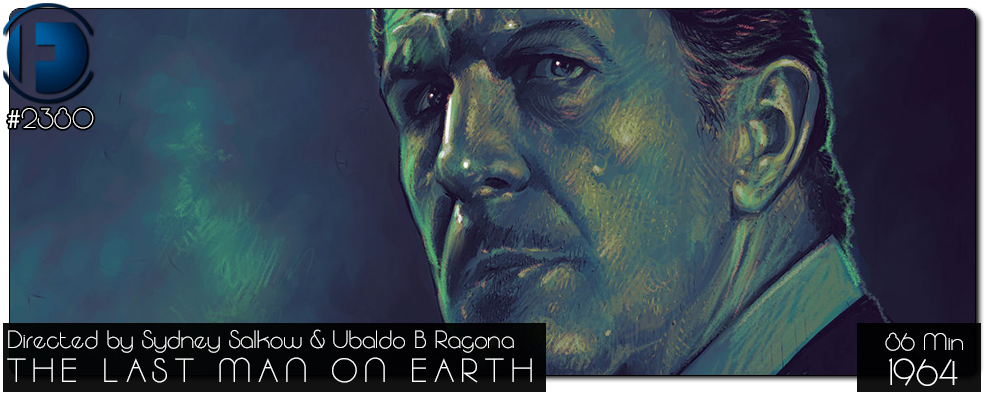Movie Review – Last Man on Earth, The (1964)
Principal Cast : Vincent Price, Franca Bettoia, Emma Danieli, Giacomo Rossi-Stuart, Umberto Raho, Christi Courtland, Toni Corvi, Hector Ribotta.
Synopsis: When a disease turns all of humanity into the living dead, the last man on earth becomes a reluctant vampire hunter.
********
Legendary horror alumni Vincent Price tackles a big-screen adaptation of Richard Matheson’s classic 1954 post-apocalyptic novel “I Am Legend”, playing the titular last man on Earth in this stark, dramatic sci-fi drama that works on only the most superficial levels. Denounced by Matheson after the fact, The Last Man On Earth would be remade in 1976 with Charlton Heston, The Omega Man, and again in 2007 with Will Smith, under the book’s original title, but it’s through this American-Italian production that popular zombie lore would find its genesis, popularised later by George Romero in Night Of The Living Dead, which cribs a lot from this premise. Although a critical and commercial bomb on its initial release, The Last Man On Earth has found something of a recalibrated assessment in the years since; I would argue the film isn’t great in terms of production value, and lacks a compelling finale, but Price is always watchable and the dour, downbeat conclusion is a rarity among these early sci-fi entries.
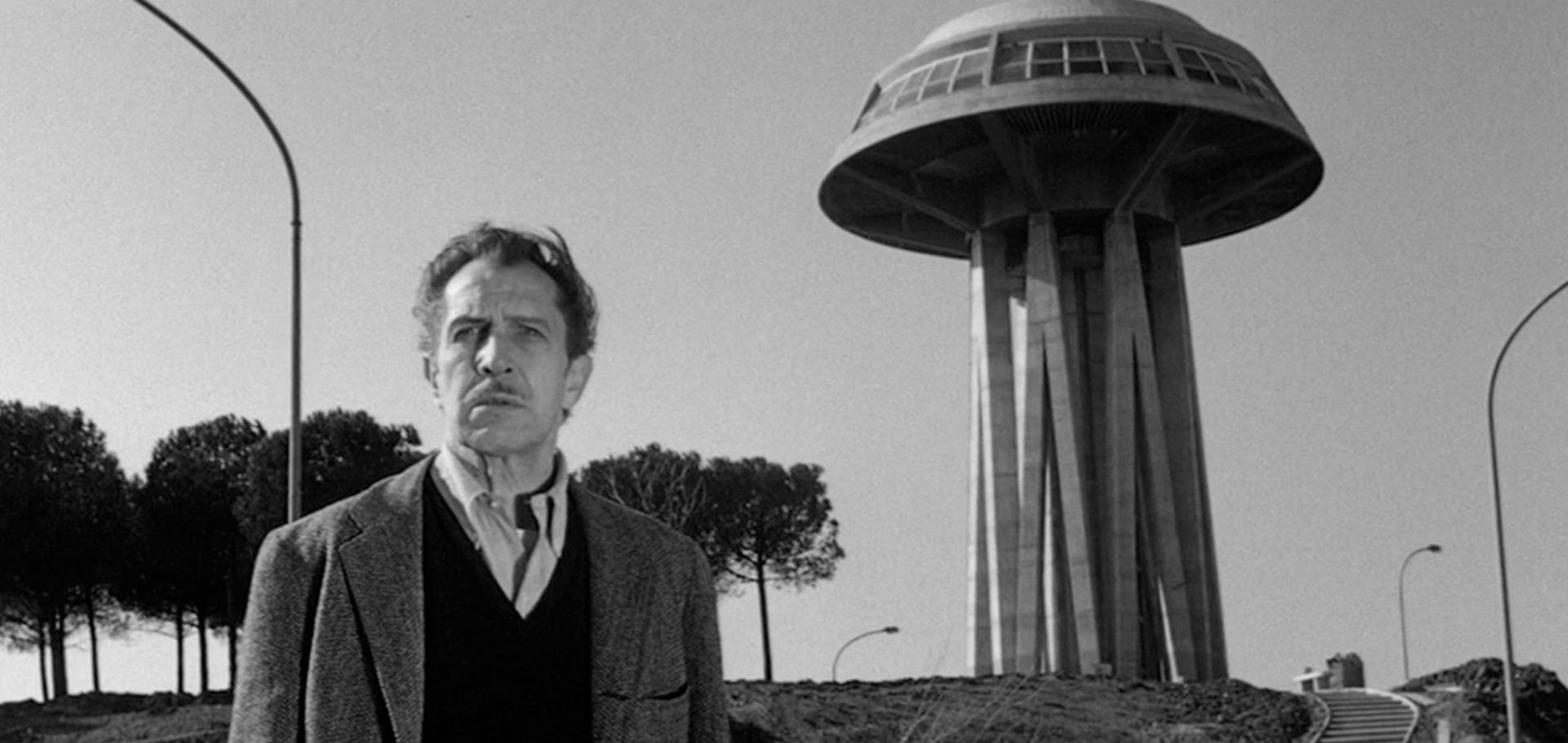
Set in a post-apocalyptic present day, Vincent Price stars as Dr. Robert Morgan, a scientist who finds himself the sole survivor of a global pandemic that has turned humanity into vampiric creatures. By day, Morgan roams the desolate streets, hunting down the infected and disposing of them, while at night, he barricades himself inside his home to protect himself from their attacks. His lonely existence is shaken when he encounters Ruth (Franca Bettoia), a mysterious woman who appears immune to the disease but harbours a secret that could change everything.
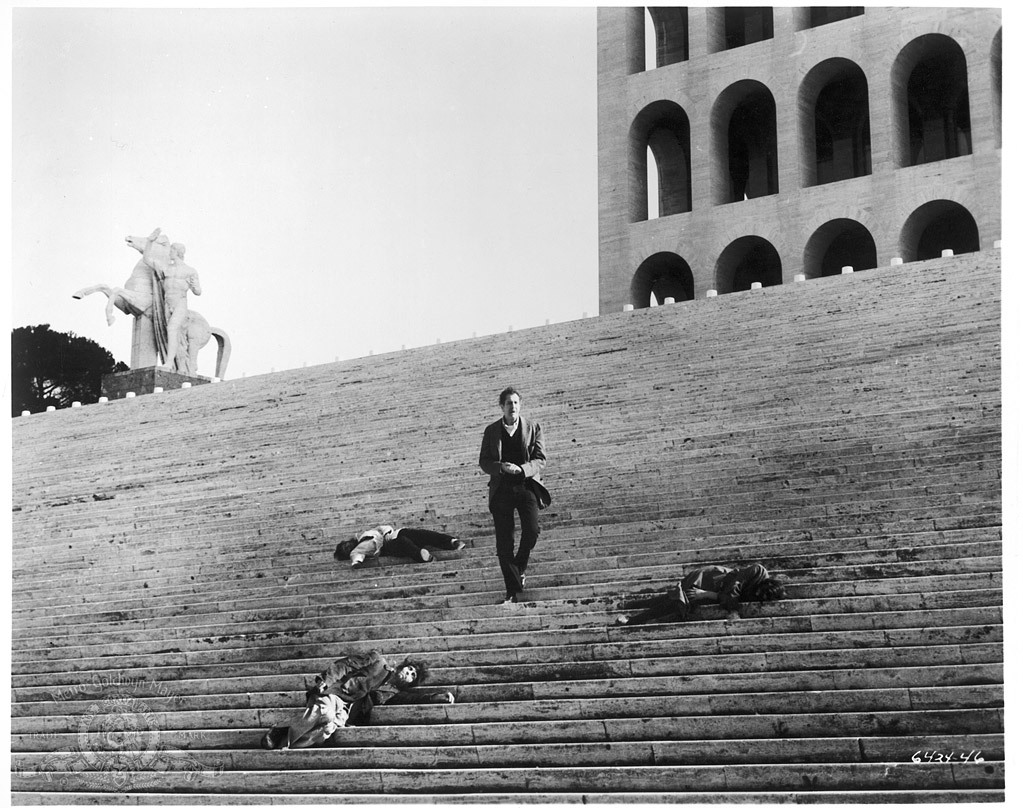
With its promising premise, not to mention the lure of legendary horror actor Vincent Price adding much-needed gravitas to what is essentially a one-hander for the majority of its runtime, The Last Man On Earth satisfies in two key areas. The first, atmosphere: the film’s lumbering dread saturates a lot of the opening two acts, depicting an Earth riven by some manner of population decline with abandoned streets, decaying infrastructure and a sense of foreboding isolation manifesting beneath Price’s tortured, honeycombed portrayal of Robert Morgan. Price is the second of the film’s positives, although his performance relies heavily on a surprisingly thin screenplay in terms of character, something I think undermines a lot of the inherent heft of the tension within it. Aside from these two elements, the film is overall a pretty pedestrian one in every other aspect, from the obvious low-budget, cumbersome dubbing work over Italian actress Franca Bettioa (an uncredited Carolyn De Fonesca provides the character’s anglicised dialogue), and an inert sensibility for the “action scenes”, of which most are performed with dubious acting ability by all involved.
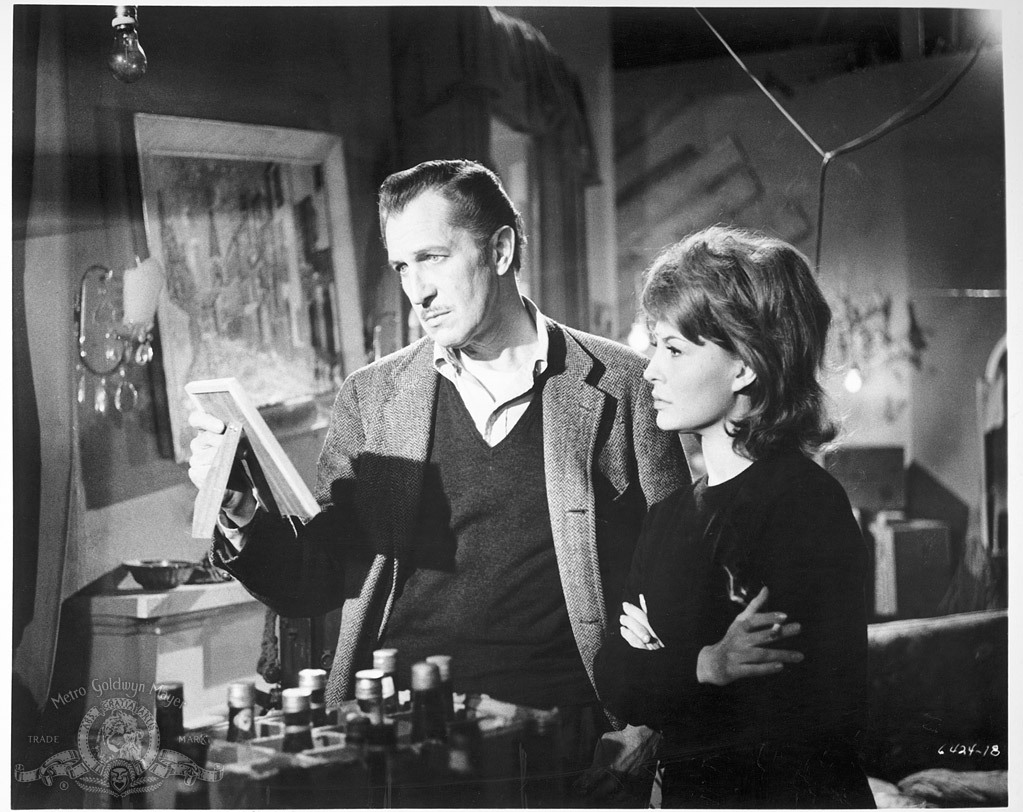
Price, similarly to Will Smith in I Am Legend some fifty years later, carries the film almost entirely, particularly in the film’s opening act in which a desolated city is depicted and through which he strikes an emblematic figure of science battling to quell an unknown plague. The affliction of humanity by some airborne disease, which essentially turns the planet’s population into vampiric corpses, is a terrifying concept in and of itself, and some of director Sydney Salkow’s choices for the massive burial pits outside the city are ghastly in the extreme, making the opening of the film remarkably strong. An extended flashback retelling the decline of humanity, and the deaths of both Morgan’s wife and young child (Emma Danieli and Christi Courtland respectively), form the majority of the film’s second act, before things drop off severely once Bettioa’s character makes her appearance. The quiet tones of Robert Morgan’s struggle for survival – the opening is set some three years since the fall of the city, although Morgan looks like he still showers daily and presses his suit, despite absolutely not needing to – are effective, the soundscape truly haunting, and Price’s innermost thoughts are delivered via voiceover a lot of the time. I think Price delivers one of his more human turns as Robert, a prickly yet determined scientist hoping for some kind of cure to the zombie-vampire curse laying waste to the planet.
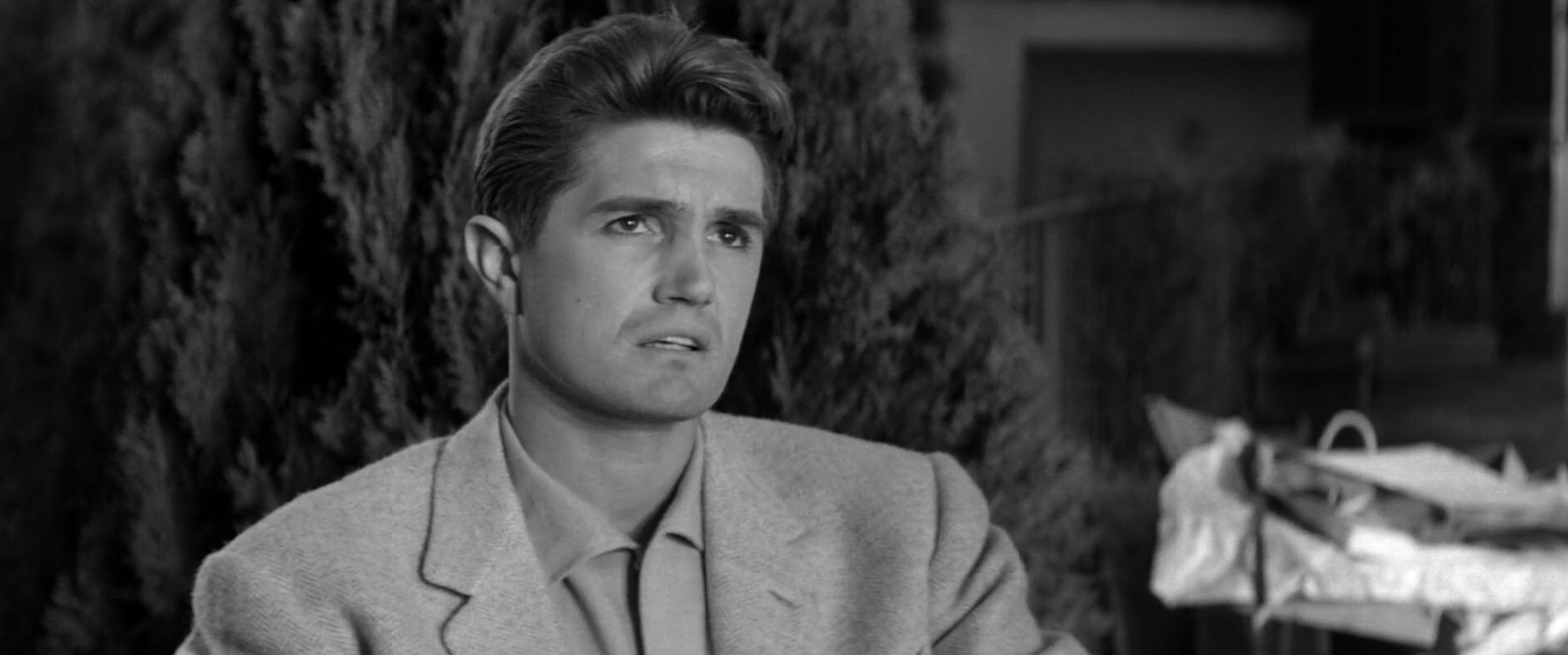
While I admired Salkow’s crisp widescreen photography and use of monochromatic film stock, and loved the way he tried to frame the anamorphic aspect ratio to maximise dramatic tension, I couldn’t help but laugh whenever anyone had to do anything more than stand still and act to camera. The “acting” of the film’s zombified extras was terrible, as far from frightening as you’d get in any modern day genre example, and even the supporting cast are all hamfistedly poor – at least by comparison to Vincent Price. The action scenes, including several chase sequences and a church-set finale that feels like it was a complete reshoot at the last minute, are bafflingly clumsy, with location footage and “visual effects” jammed into place with spectacularly ill-fitting editing. Much of what transpires on location in the final act seems to be the result of co-director Ubaldo B Ragona’s handiwork and, in truth, it’s pretty dire compared to the stellar opening act. The musical score is appropriately energetic when required, although hardly memorable. A lot of the film’s performances feel overly melodramatic, from the “hand to the forehead” school of acting that jars with its whimsical nature compared to the deadly undercurrent of the plot.
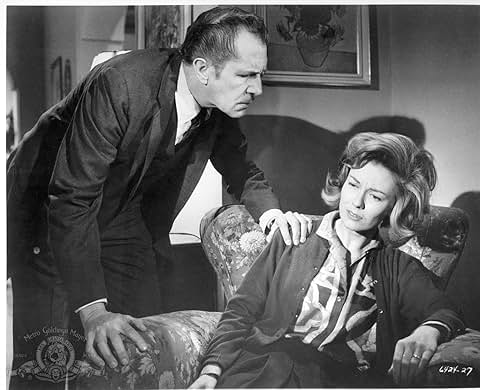
The Last Man On Earth is a venerated cult classic, and under rigorous critical analysis I think it stands up more than it fails; despite my relatively brief overview in this critique I can summarise by saying the film’s potential was met, although only barely, and the execution is largely successful so long as you’re not expecting Shakespeare. Vincent Price’s performance is strong – opinion seems to vary as to whether his casting suits the film, I think it does – and the cinematography is of high value to the overall tone employed by the directors. While there’s a stiffness to a lot of the surrounding performances and editorial choices, and the charming semi-rural suburbs of Rome standing in for an ubiquitous American city, The Last Man On Earth is well worth the journey and arguably has one of the more cerebrally aligned attempts to legitimise the horror genre going for it. Does it always work? No. Is it a decent effort? Absolutely. Based on this, it’s easy to understand why Hollywood has returned to this well so often.

